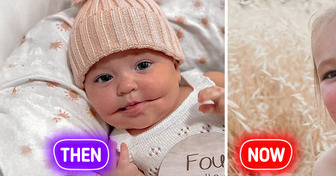I Refuse to Let My MIL See My Baby — What She Did Is Absolutely Disgusting

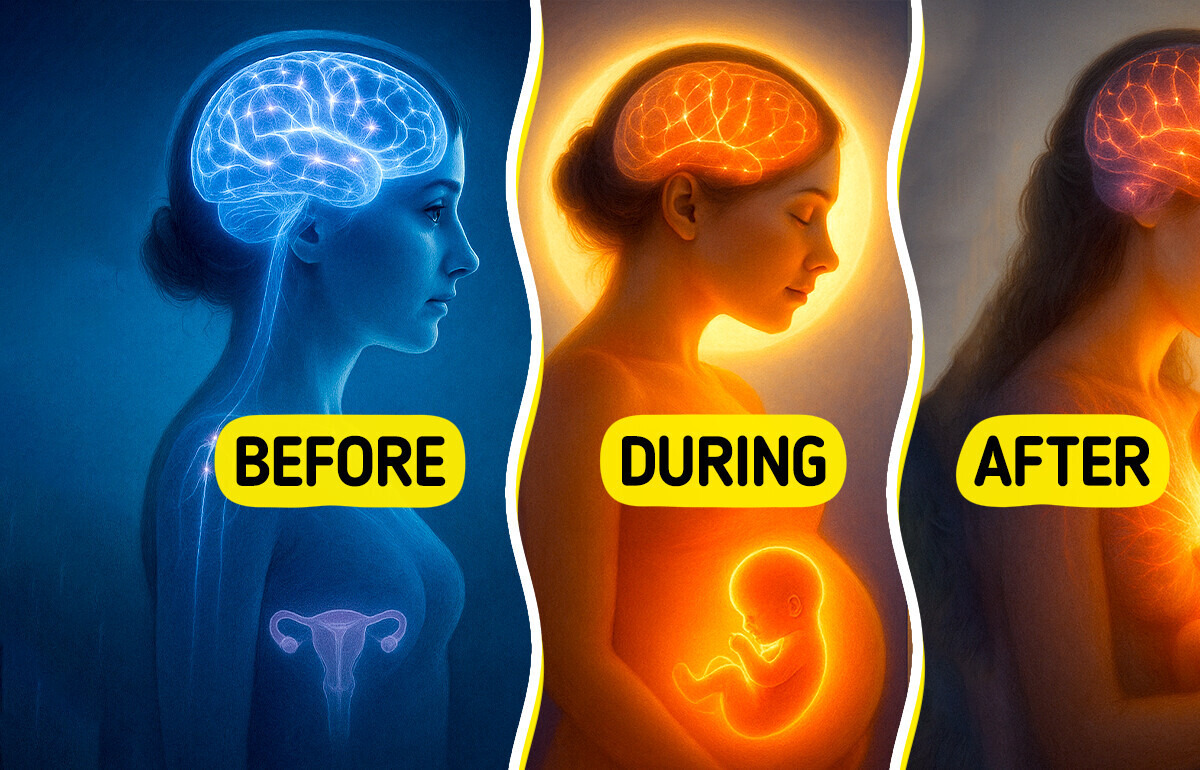
We often hear that pregnancy brings a “baby brain” fog, like it’s some kind of glitch in your mental software. But what if we’ve been looking at it all wrong? What if it’s actually an upgrade?
Think of it this way: your brain’s not short-circuiting—it’s recalibrating. You’re suddenly tuned into things that never registered before: a faint cry from the other room, subtle shifts in your partner’s mood, or even a diaper bag checklist burned into your memory. It’s not absentmindedness; it’s selective genius. Your brain starts prioritizing what matters most right now—your baby and your ability to care for them.
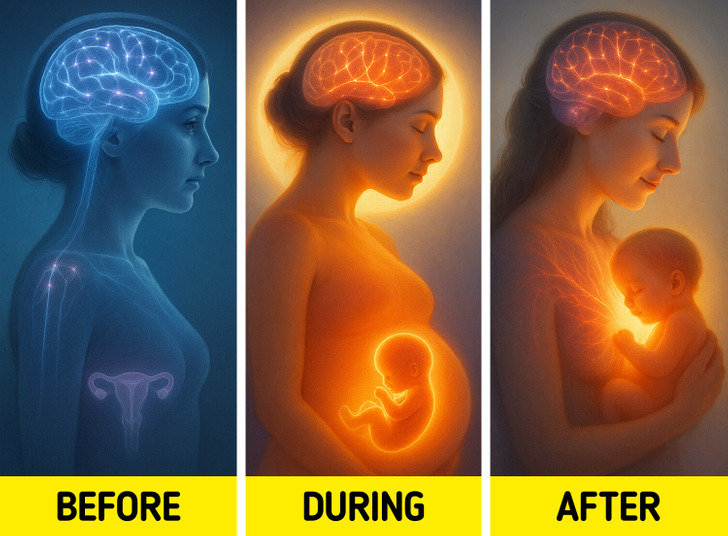
One study revealed that pregnancy leads to a significant reduction in grey matter volume in certain brain regions. This change primarily affects areas involved in social cognition, such as the medial prefrontal cortex, posterior cingulate cortex, and fusiform gyrus. These regions help a mother understand and respond to her baby’s needs—essential for bonding and caregiving.
Surprisingly, this reduction isn’t harmful. Instead, it’s thought to reflect a pruning process—where the brain eliminates redundant neural connections to make way for more efficient, specialized networks for motherhood.

Pregnancy is often described as transformative, and while we tend to focus on the changes we can see—hello, bump—what’s happening in your brain is just as profound.
New research shows that pregnancy literally rewires your brain to help you bond, nurture, and emotionally connect with your baby. The phenomenon often dismissed as “baby brain” isn’t about losing your edge—it’s about shifting into a new mental mode built for caregiving.
Sure, you might forget where you left your coffee, but behind the scenes, your brain is undergoing a major renovation.
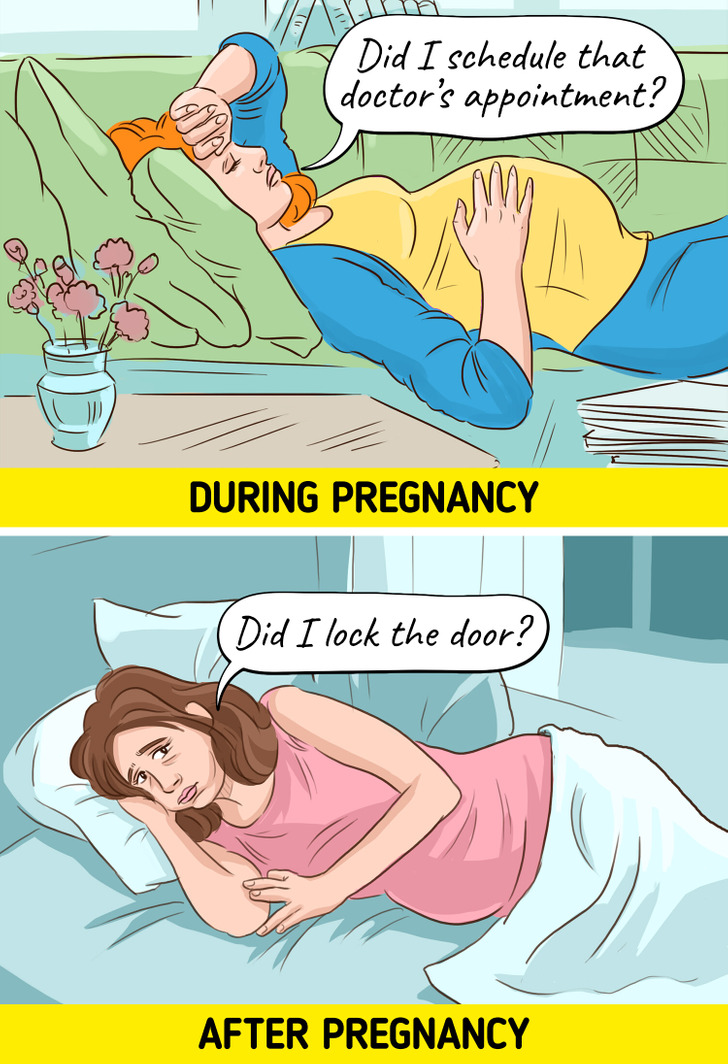
Forgetfulness, foggy focus, and missing car keys might seem like small annoyances, but neuroscientists say they’re part of something much bigger.
Hormones like estrogen and progesterone surge through your body during pregnancy, and they don’t just affect your mood or sleep—they sculpt your brain. Dr. Emily Jacobs, neuroscientist at the University of California, Santa Barbara, compares it to an artist at work. “You can see the sculpting of the brain unfold week by week,” she notes.
By just nine weeks in, the transformation begins. Researchers found that around 80% of 400 brain regions they studied showed a decline in gray matter, particularly in areas tied to empathy and emotional connection.
It may sound concerning, but this “pruning” is actually a good thing—streamlining your brain for maximum efficiency, kind of like closing tabs on a cluttered browser so the system runs faster.
Dr. Elseline Hoekzema of Amsterdam University Medical Center says these changes are directly related to a mother’s instinct: “Brain changes during pregnancy relate to the way a mother’s brain and body react to infants,” she explains.
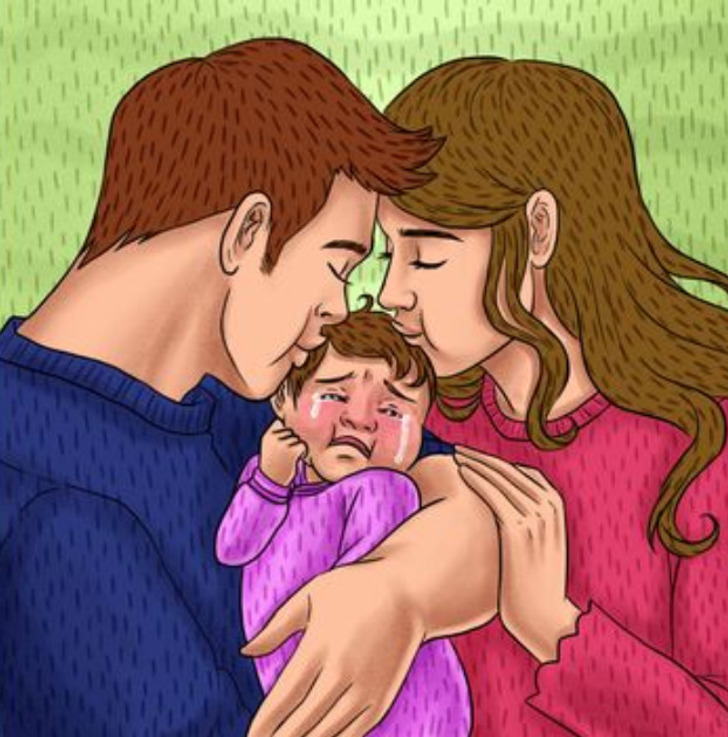
Here’s something many don’t realize: those brain changes aren’t just about making you a better caregiver—they help you survive the chaotic early months of parenthood.
That patience you muster at 2 a.m. when your baby just won’t sleep? The way you start interpreting every cry with eerie precision? Those are signs your brain is adapting to a new kind of social intelligence—one that can read emotional cues and manage stress better than before.
And it doesn’t stop there. Even white matter—the brain’s communication highway—gets a tune-up, making different parts of your brain work more efficiently together. This kind of adaptation allows you to stay attuned, even when you’re exhausted, overwhelmed, or unsure.

Some brain changes fade after childbirth, especially the white matter tweaks. But many—like reductions in gray matter in specific areas—can last for up to two years after giving birth.
Dr. Jacobs describes them as “permanent etchings in the brain,” crafted to help you become more emotionally responsive.
These changes are so consistent that scientists trained a computer to recognize pregnancy by analyzing brain scans alone. Yep, your brain’s transformation is that obvious—at least to a machine.

Though pregnancy hormones play a starring role in this story, they’re not the whole plot.
Parenthood rewires more than just moms. Fathers, adoptive parents, and caregivers also show shifts in brain activity as they spend more time nurturing. Dr. Jonny Kohl, a parenting researcher, notes that the brain begins prepping for caregiving earlier than we think. Human parenting, he says, involves not just biology but education, observation, and cultural factors too.
In other words, your brain adapts based on your experiences—whether or not you carried the baby.
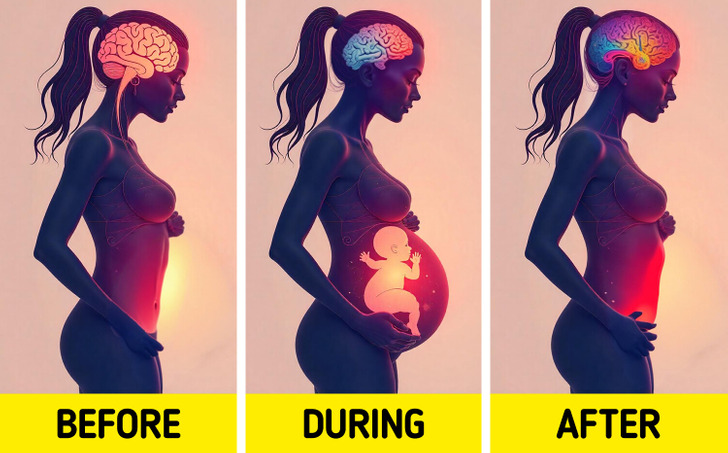
So let’s be real—pregnancy doesn’t make you forgetful and emotional just for the fun of it. These changes are all part of a powerful recalibration.
Understanding what’s really happening in your head can help you extend grace to yourself during the messy, overwhelming parts of motherhood. That mental fog? It’s your brain learning a whole new language—one spoken in cries, cuddles, and instincts.
As Dr. Jacobs says, “The brain is tuned to prioritize information that helps you care for your baby.”
So if anyone throws a “baby brain” joke your way, smile and nod. They just don’t know they’re talking to someone whose brain is fine-tuned for one of life’s greatest missions.
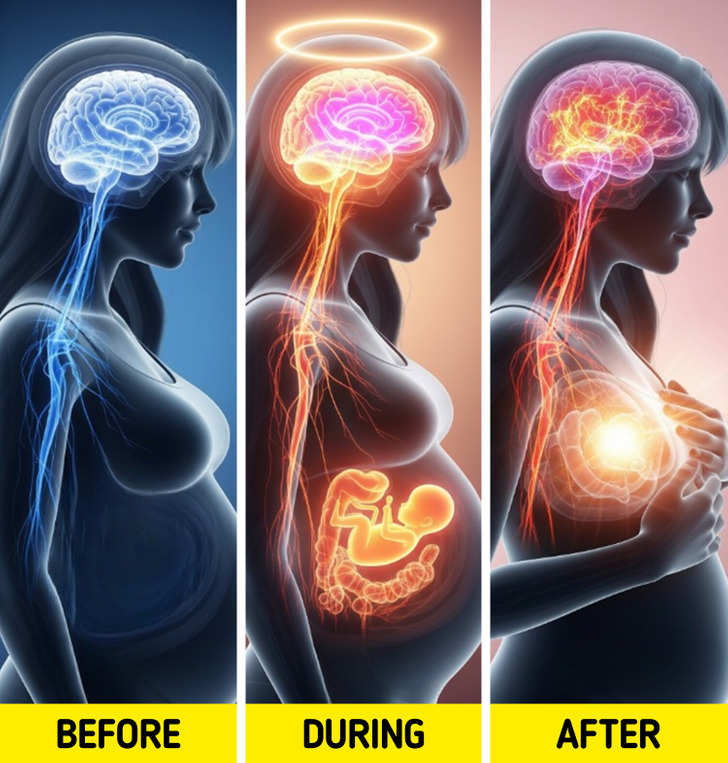
While many changes are adaptive, pregnancy-related brain shifts may also increase vulnerability to mood disorders:
Early intervention, social support, and hormonal balance are key in promoting maternal well-being.
As motherhood reshapes the brain, it also reshapes the heart. But how do some cultures support this lifelong transformation better than others? In Japan, where balance and harmony are key, wellness habits quietly support mental and emotional resilience. Could their secrets help us too? Read on!

